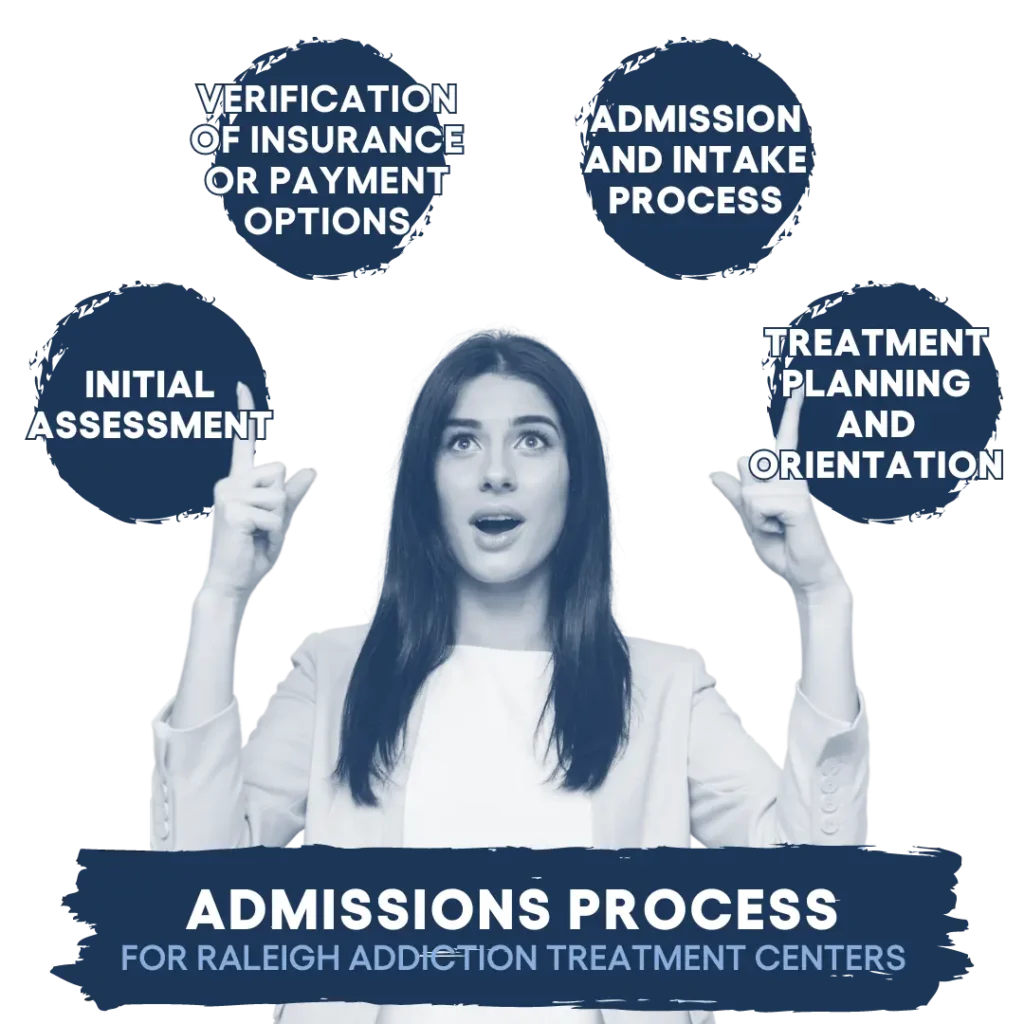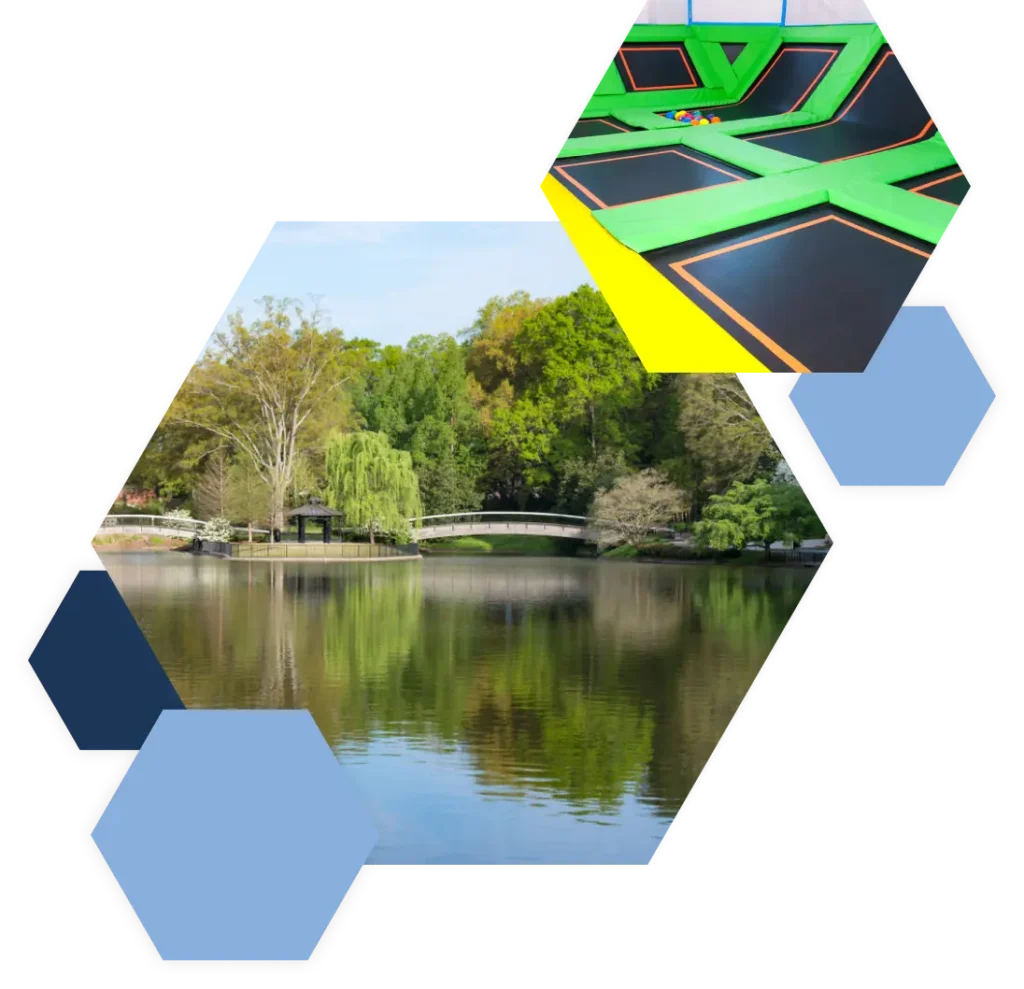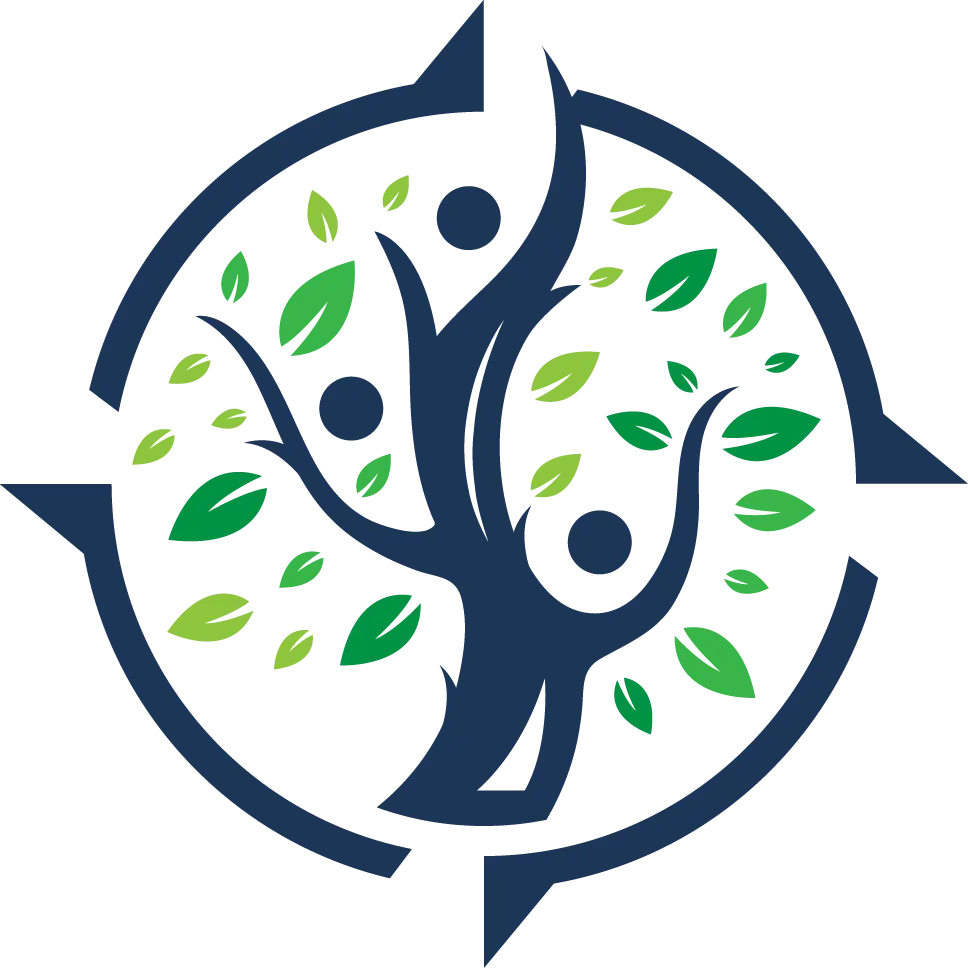If you are in the Raleigh area and need help with drug and alcohol addiction – call (704) 248-8561.

The capital of North Carolina, Raleigh, is known for being a part of the area called the “Research Triangle,” thanks to the number of technology and scholarly institutions found around Raleigh, Chapel Hill, and Durham. Home to North Carolina State University, there are thousands of students, residents, and tourists who come to Raleigh regularly.
Like the state, Raleigh residents are faced with addiction and mental health disorders. These can range in type and severity, including anxiety, depression, post-traumatic stress disorder (PTSD), drug addiction, and alcohol addiction. The city offers a wide range of treatment options for individuals struggling with drug and alcohol addiction and mental health disorders. These Raleigh rehab centers provide guidance, community-based support, program opportunities, and more – aiding the sobriety journey.
In Raleigh, North Carolina, there are many different types of drug and alcohol rehab facilities. These Raleigh rehab facilities offer a range of services to cater to different needs and preferences. Some common types of rehab facilities in Raleigh include:
Inpatient Rehab Centers: These facilities provide intensive, 24-hour care in a residential setting. Patients reside at the facility for the duration of their treatment, typically ranging from a few weeks to several months. Inpatient rehab centers offer structured therapy, medical supervision, and support to help individuals overcome addiction.
Outpatient Rehab Centers: Outpatient facilities allow patients to attend therapy and counseling sessions during the day while living at home or in a sober living environment. Outpatient rehab programs are suitable for individuals with mild to moderate addiction who do not require 24-hour supervision.
Detox Centers: Detoxification centers specialize in managing the withdrawal symptoms that occur when individuals stop using drugs or alcohol. These facilities provide medical supervision and support to help patients safely detoxify their bodies and stabilize before beginning formal treatment.
Dual Diagnosis Treatment Centers: Dual diagnosis facilities offer specialized care for individuals struggling with both substance abuse and co-occurring mental health disorders such as depression, anxiety, or bipolar disorder. These programs address both conditions simultaneously to improve overall treatment outcomes.
Holistic Rehab Centers: Holistic rehab centers incorporate alternative therapies and holistic approaches alongside traditional addiction treatment methods. These facilities may offer activities such as yoga, meditation, acupuncture, and nutritional counseling to promote overall well-being and recovery.
Gender-Specific Rehab Centers: Some rehab facilities in Raleigh cater exclusively to either men or women. Gender-specific treatment programs provide a supportive environment where individuals can address gender-specific issues and focus on recovery without distractions.
Faith-Based Rehab Centers: Faith-based rehab centers integrate religious teachings and principles into their treatment programs. These facilities may offer spiritual counseling, prayer sessions, and religious activities to help individuals strengthen their faith and find support within a religious community.
When seeking addiction treatment in Raleigh, North Carolina, it's important to look at several factors to ensure you or a loved one receives quality care and support. Considering these factors and conducting thorough research allows you to make an informed decision when selecting an addiction treatment facility that best meets your needs and supports your journey to recovery.
Here are 10 things to look for:
1. Accreditation and Licensing:
Ensure that the facility is accredited by reputable organizations such as the Joint Commission or the Commission on Accreditation of Rehabilitation Facilities (CARF). Licensing by the state of North Carolina is also essential to verify the facility’s legitimacy and adherence to quality standards.
2. Evidence-Based Practices:
Look for a treatment center that utilizes evidence-based practices supported by scientific research, such as cognitive-behavioral therapy (CBT), motivational interviewing (MI), and medication-assisted treatment (MAT). These approaches have been proven effective in treating addiction.
3. Customized Treatment Plans:
Seek a facility that offers personalized treatment plans tailored to individual needs and circumstances. A one-size-fits-all approach may not address the unique factors contributing to each person’s addiction.
4. Experienced and Qualified Staff:
Ensure that the treatment center employs licensed and experienced professionals, including doctors, therapists, counselors, and nurses, who specialize in addiction treatment. Staff credentials and qualifications should be readily available for review.
5. Continuum of Care:
Choose a facility that provides a continuum of care, including detoxification, residential or outpatient treatment, aftercare planning, and relapse prevention services. A comprehensive approach to treatment improves long-term outcomes and supports sustained recovery.
6. Dual Diagnosis Capabilities:
If you or your loved one has a co-occurring mental health disorder, such as depression or anxiety, select a facility with expertise in dual diagnosis treatment. Addressing both addiction and underlying mental health issues concurrently is critical for successful recovery.
7. Family Involvement and Support:
Look for a treatment center that involves family members in the recovery process through education, therapy, and family counseling sessions. Family support can significantly enhance the effectiveness of treatment and promote healing within the family unit.
8. Amenities and Environment:
Consider the facility’s amenities, accommodations, and environment to ensure they are conducive to healing and comfort. A welcoming and supportive atmosphere can positively impact the treatment experience and overall well-being.
9. Aftercare Services:
Evaluate the availability of aftercare services and support networks to help individuals transition back to daily life post-treatment. This may include sober living arrangements, alumni programs, support groups, and ongoing therapy sessions.
10. Reputation and Reviews:
Research the facility’s reputation by reading online reviews, testimonials, and independent ratings. Positive feedback from former clients and their families can provide valuable insights into the quality of care and outcomes achieved by the treatment center.

Raleigh has a number of community resources, including support groups, counseling services, sober living facilities, vocational training programs, legal assistance, and more for individuals who are dealing with substance abuse and mental health issues.
A few resources for help with addiction in Raleigh:
Substance Abuse Advisory Commission – Advocates for prevention, intervention, and treatment of alcohol, tobacco, and other drug use.
Southeastern Recovery Center – Drug and Alcohol Addiction Treatment
SAMHSA National Helpline – Confidential, free help from public health agencies to find more information on addiction and mental health resources.

The North Carolina Department of Health and Human Services reported that, on average, nine North Carolina residents died from drug overdoses every day in 2020. an average of nine North Carolina residents died each day from drug overdoses in 2020 – a 40% increase from 2019. In 2021, drug overdose deaths jumped by 72%, with 11 deaths per day.
Mental health is also a struggle for North Carolina residents – either as a single affliction or as part of a dual diagnosis. Residents have seen the rates of anxiety and depression skyrocket from 11% to 41% from 2019 to 2021.
Understanding North Carolina’s statistics on drug and alcohol addiction, as well as mental health disorders, can shed light on the struggles that exist for residents in Raleigh. These statistics have the ability to inform policy decisions, reallocate resources, and facilitate community interventions that are aimed at addressing addiction in the area.
Congratulations on taking the first step toward sober living! The admissions process for a Raleigh drug and alcohol rehabilitation center may vary depending on the internal processes of the facility, but in general, you can expect the following four steps:

The first step for individuals seeking treatment is to undergo an initial assessment. This assessment may begin with a phone call or an in-person meeting with an admissions counselor or intake coordinator. During this assessment, the individual will be asked about their substance use history, medical history, mental health concerns, and any previous treatment experiences. This assessment is to gather information to determine the most appropriate level of care and treatment plan for the individual.
After the initial assessment, the admissions team will assist in verifying insurance coverage or help with exploring other payment options. They will work with the individual to understand their financial situation and determine the best course of action for covering the cost of treatment. If the individual has insurance coverage, the admissions team will talk with the insurance provider to determine coverage for substance abuse treatment services.
Once the financial arrangements have been sorted out, the individual will proceed with the admission and intake process. This often involves completing paperwork, signing consent forms, and providing necessary personal information. The admissions team will also provide information about what to expect during treatment, including rules and expectations, daily schedules, and available support services.
After completing the admission and intake process, the individual will meet with a treatment team to develop a personalized treatment plan. This treatment plan will outline goals for recovery, as well as the specific therapies and interventions that will be used to achieve those goals. The individual will also go through an orientation to the rehab facility, including a tour of the facility and an introduction to staff members and fellow clients.
AA (Alcoholics Anonymous) and NA (Narcotics Anonymous) meetings are crucial in the sobriety journey. These meetings provide vital support for individuals struggling with addiction in Raleigh. They offer a safe and confidential space where individuals can share their experiences, struggles, and triumphs with others who understand firsthand the challenges of addiction.
By following these carefully crafted 12-step programs, participants gain valuable tools for maintaining sobriety and rebuilding their lives. These meetings offer a sense of community and belonging, nurturing connections with peers who offer empathy, encouragement, and accountability. When attending these meetings regularly and actively participating, individuals can break the cycle of addiction, rebuild their relationships, and reclaim control over their lives, ultimately achieving long-term sobriety and fulfillment.
To find local meetings, call 800-681-2956 – or check out a list below to get started.
To find local meetings (in-person and virtual), click here – or check out the list below.
With so much to do in Raleigh, it is easy to find sober-friendly activities and events in the area. Spending time outdoors, attending a local arts class or workshop, finding support group meetings, or experiencing cultural events – engaging in sober activities can promote social connections and enhance the recovery process.
Here are some sober activities you can do in Raleigh:

Paying for addiction treatment in Raleigh, NC, can feel overwhelming. When you aren’t sure how to cover costs, it can deter you from seeking help and treatment – but there are options that can help you pay for treatment, if you know where to look:

Many health insurance plans, including private insurance, Medicaid, and Medicare, offer coverage for addiction treatment services. Contact your insurance provider to inquire about coverage options, including inpatient rehab, outpatient therapy, medication-assisted treatment (MAT), and detoxification programs.

Some rehab facilities offer sliding scale fees based on income and ability to pay. This means that the cost of treatment is adjusted according to the individual's financial situation, making it more affordable for those with limited resources.

North Carolina provides state-funded addiction treatment programs for individuals who meet specific eligibility criteria, such as income level and residency requirements. These programs may offer low-cost or free treatment options.

If you have access to an Employee Assistance Program through your employer, you may be eligible for addiction treatment services covered by your workplace benefits. EAPs often provide counseling, referral services, and financial assistance for treatment.

Many rehab facilities in Raleigh offer payment plans or financing options to help individuals afford the cost of treatment. Payment plans allow you to spread out the expense of treatment over time, making it more manageable.

If you're unable to afford addiction treatment on your own, consider launching a crowdfunding campaign or organizing fundraising events with the help of friends, family, and community members. Online platforms can facilitate fundraising efforts to cover treatment expenses.
Raleigh offers a variety of addiction treatment programs, including inpatient rehab, outpatient rehab, detoxification programs, dual diagnosis treatment, holistic treatment, and more.
The duration of addiction treatment varies depending on individual needs and the severity of addiction. Treatment programs can range from a few weeks to several months.
Addiction treatment in Raleigh may include various therapeutic approaches such as cognitive-behavioral therapy (CBT), motivational interviewing (MI), dialectical behavior therapy (DBT), group therapy, family therapy, and experiential therapies.
Many rehab facilities in Raleigh accept health insurance, but coverage may vary depending on the provider and the specific treatment program. It's important to verify insurance coverage and inquire about payment options before enrolling in a program.
Rehab facilities in Raleigh often offer family therapy sessions, educational workshops, and support groups to involve family members in the treatment process. Family involvement can provide crucial support and improve treatment outcomes.
After completing a rehab program, individuals may participate in aftercare services such as sober living arrangements, outpatient therapy, support groups, and alumni programs to maintain sobriety and prevent relapse.

